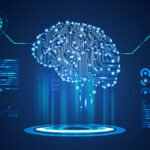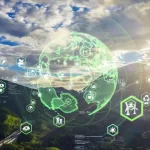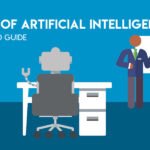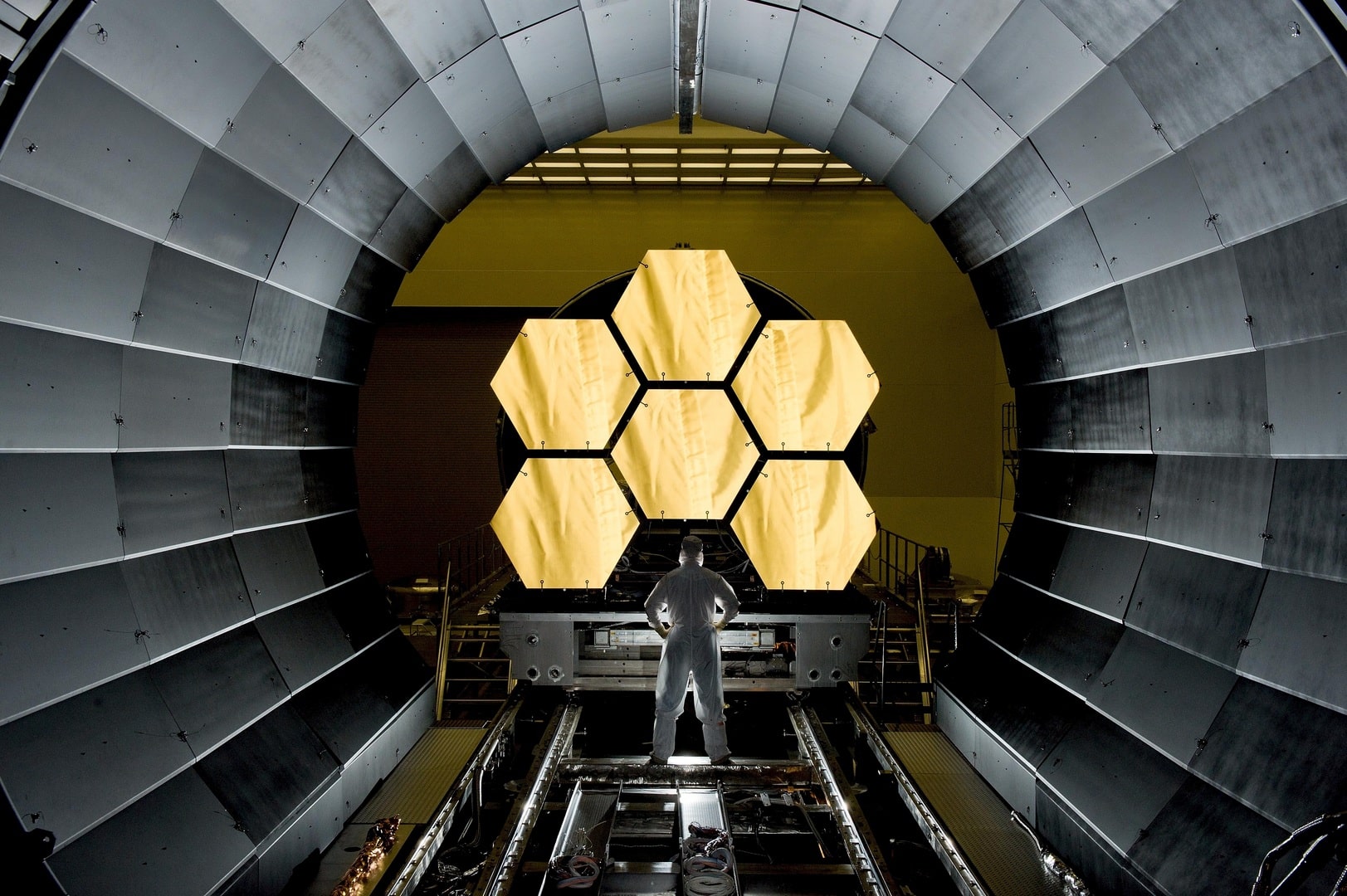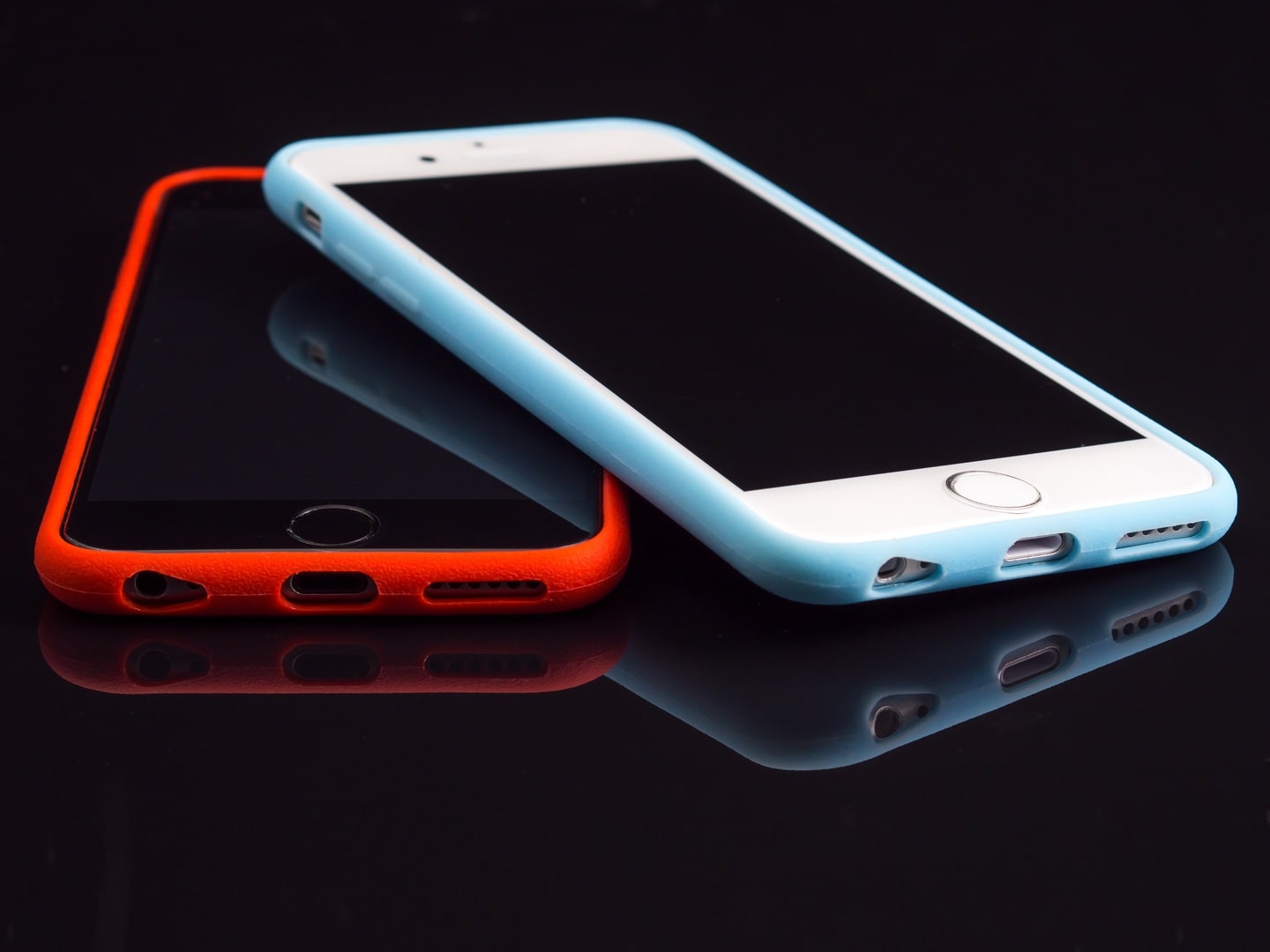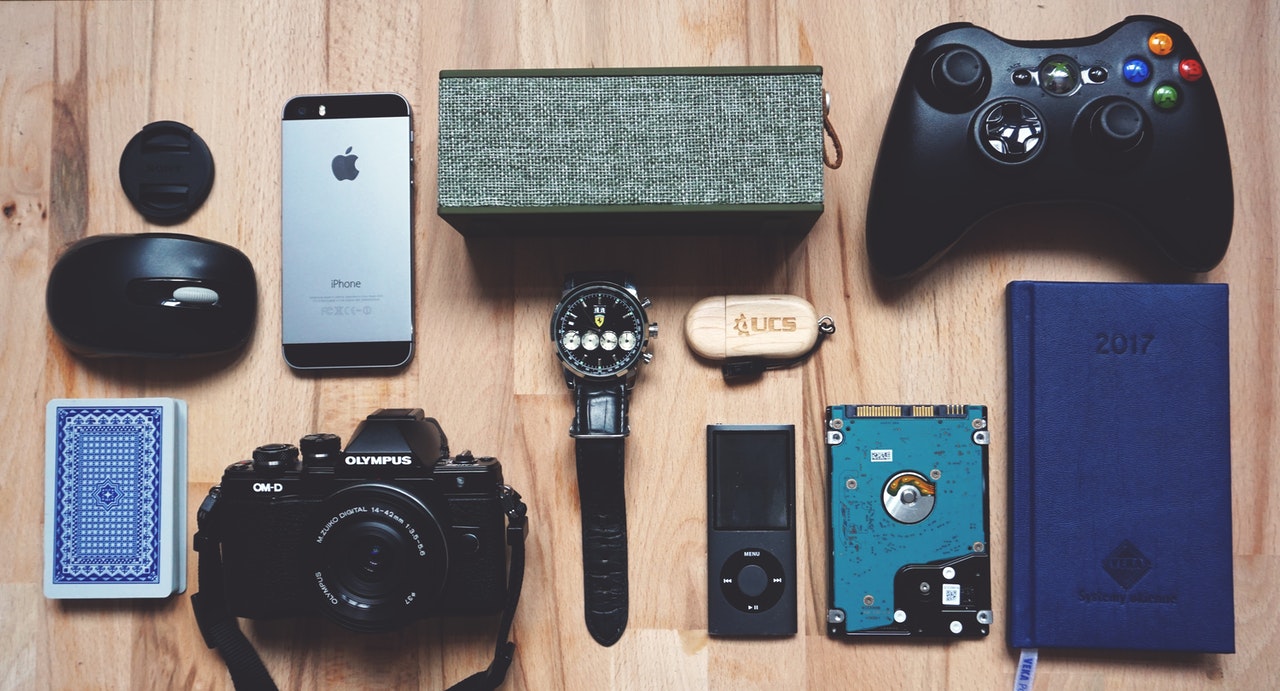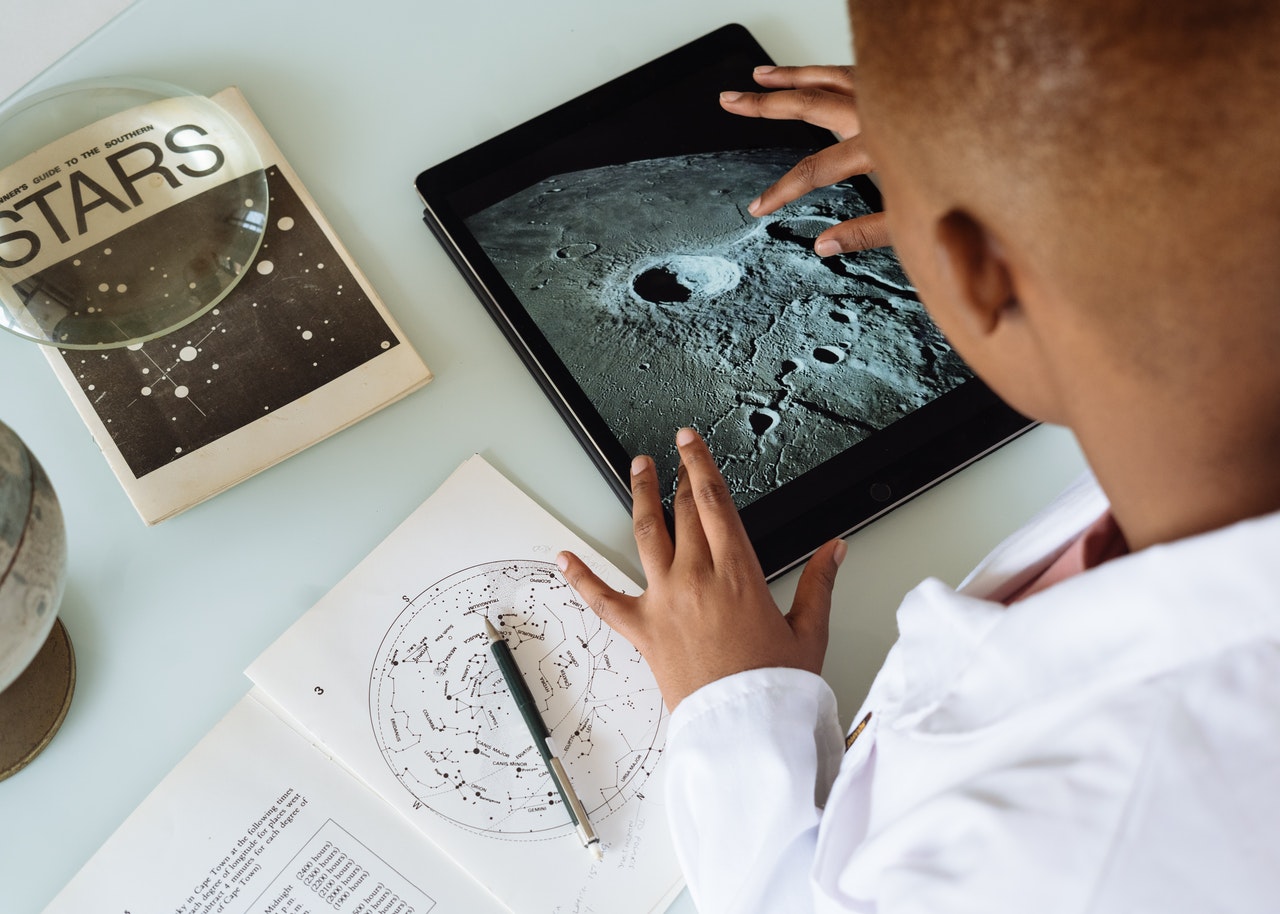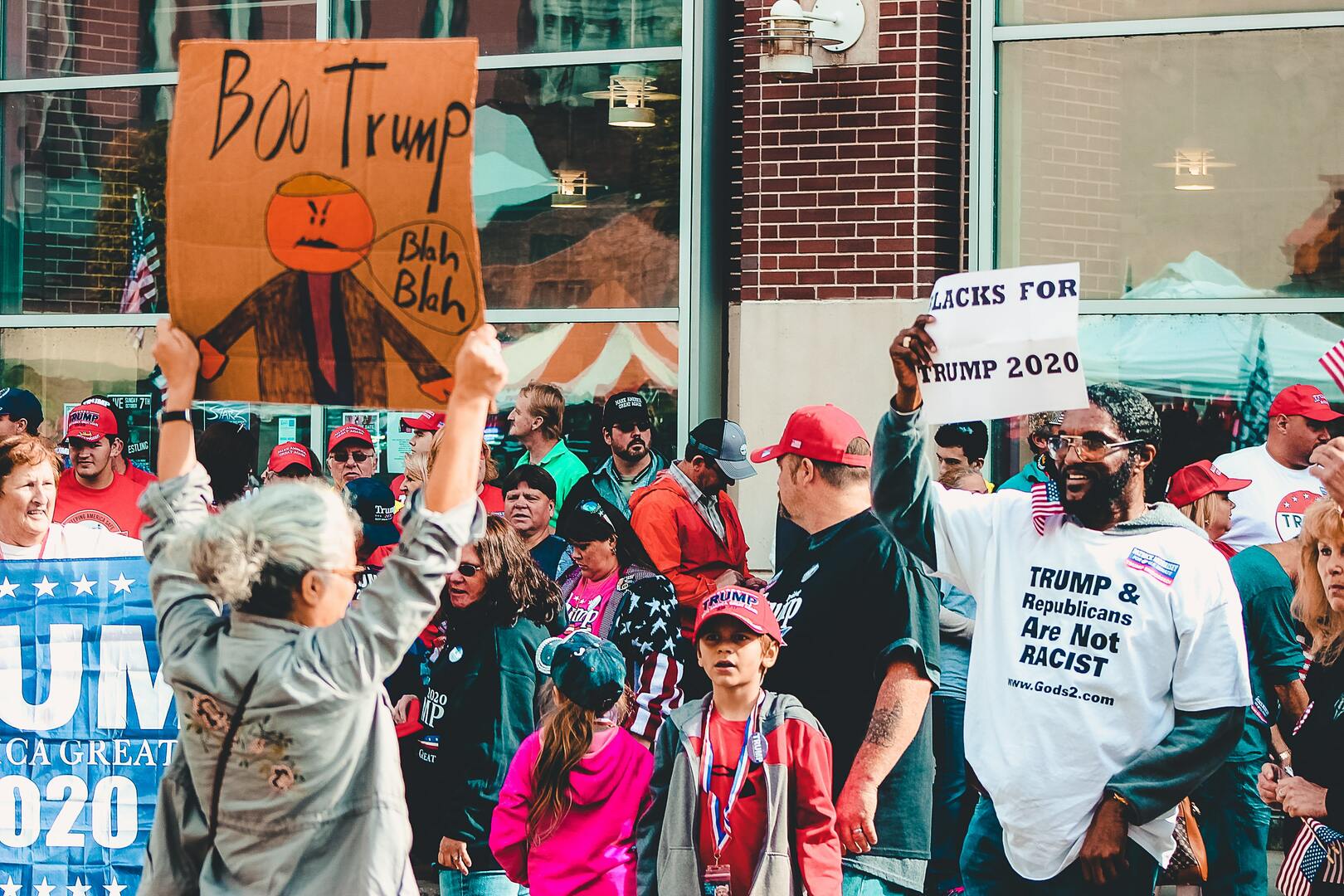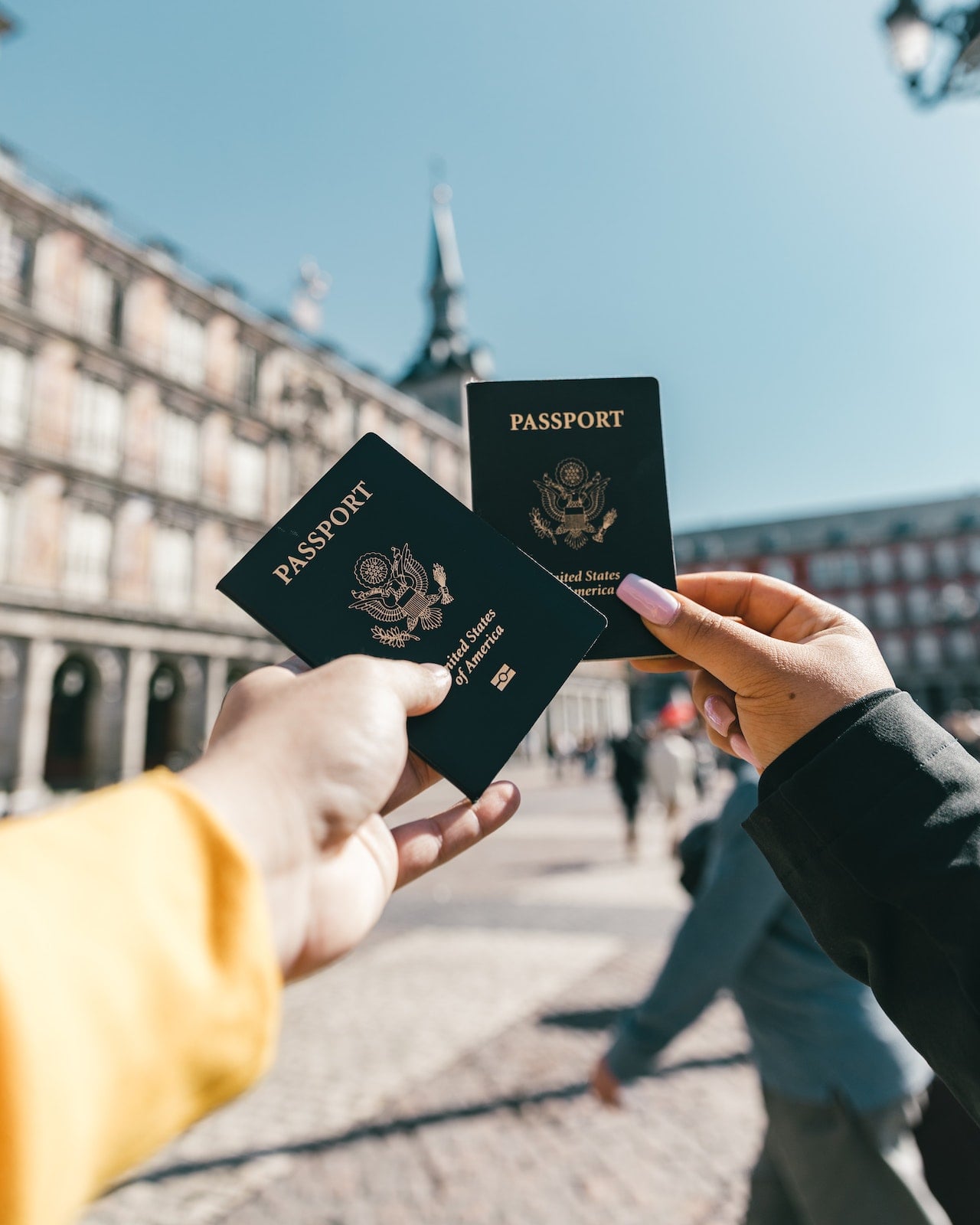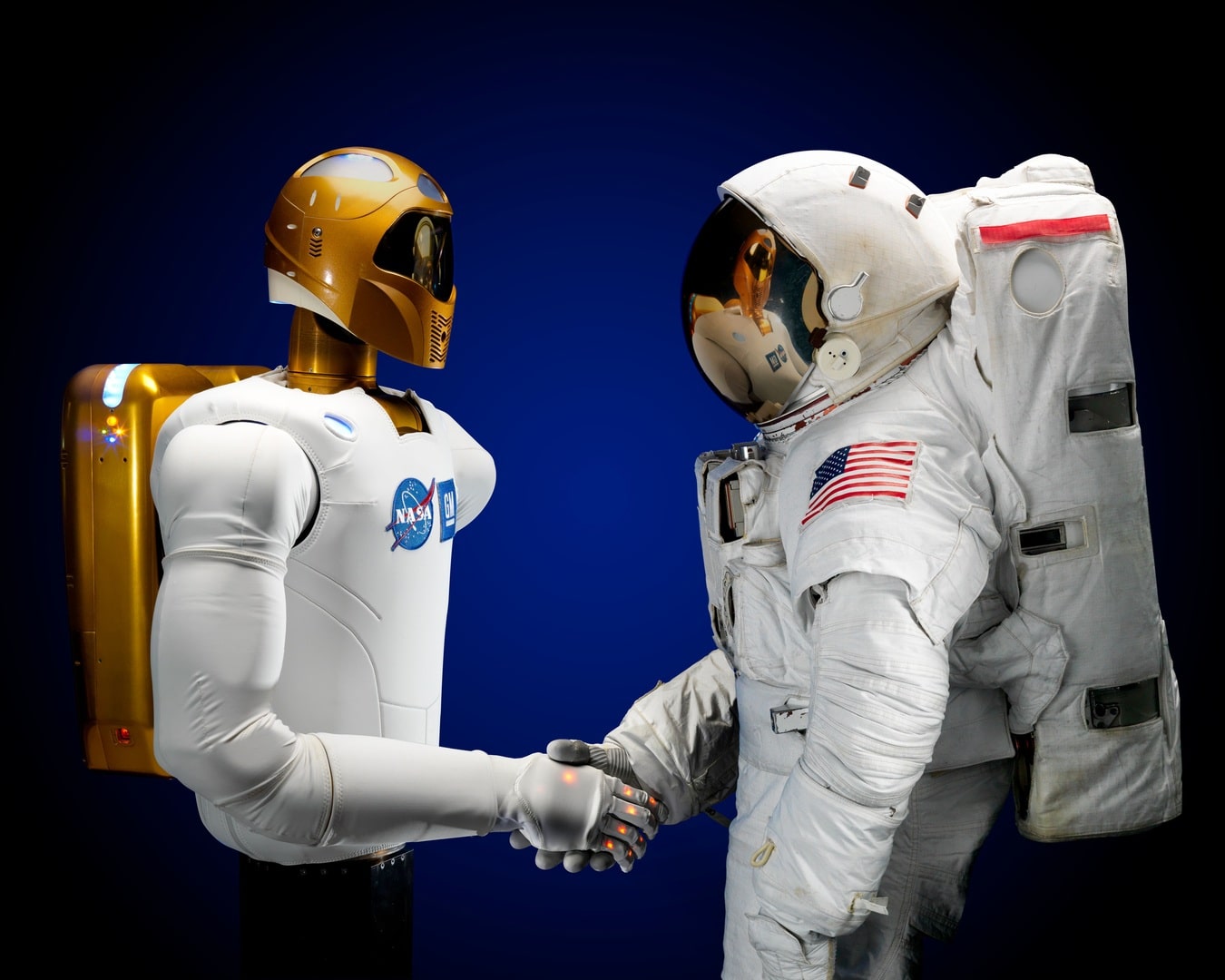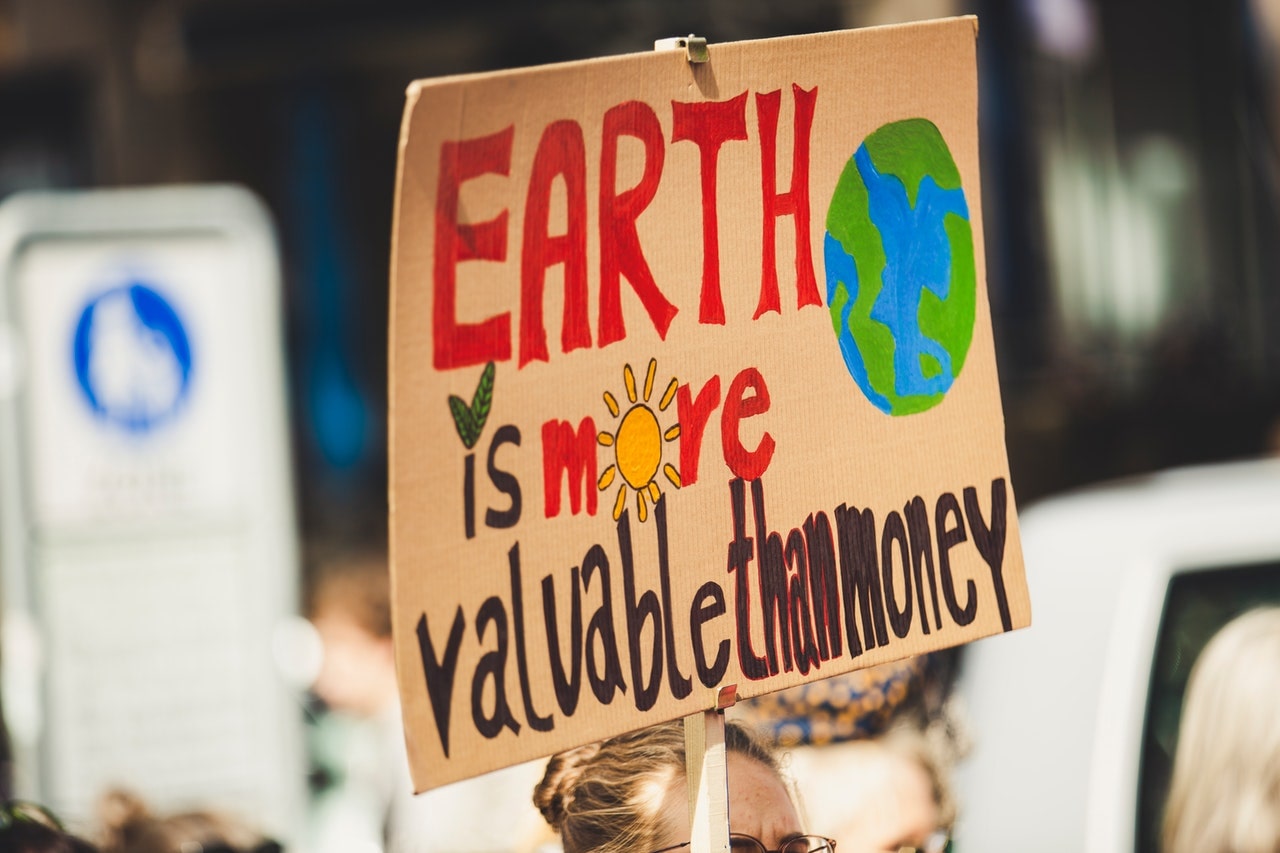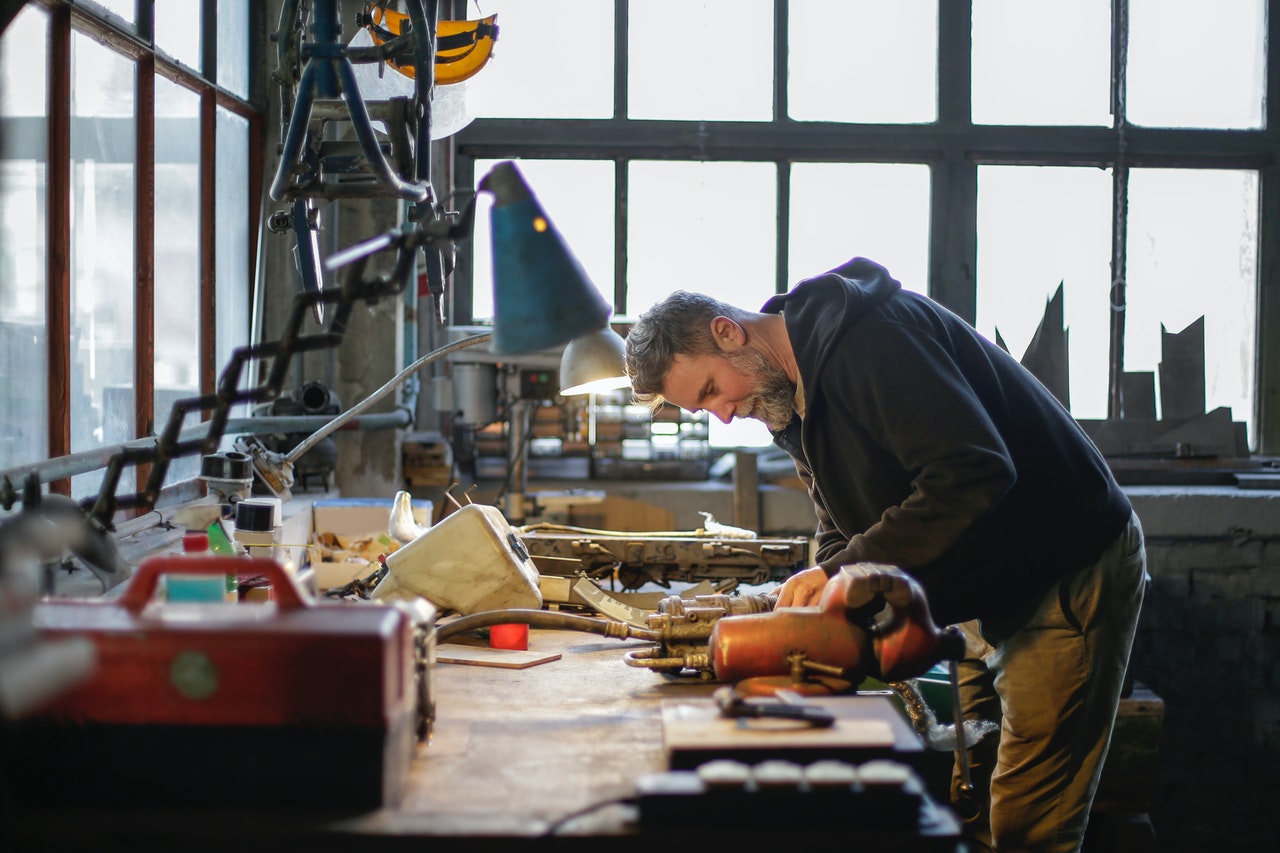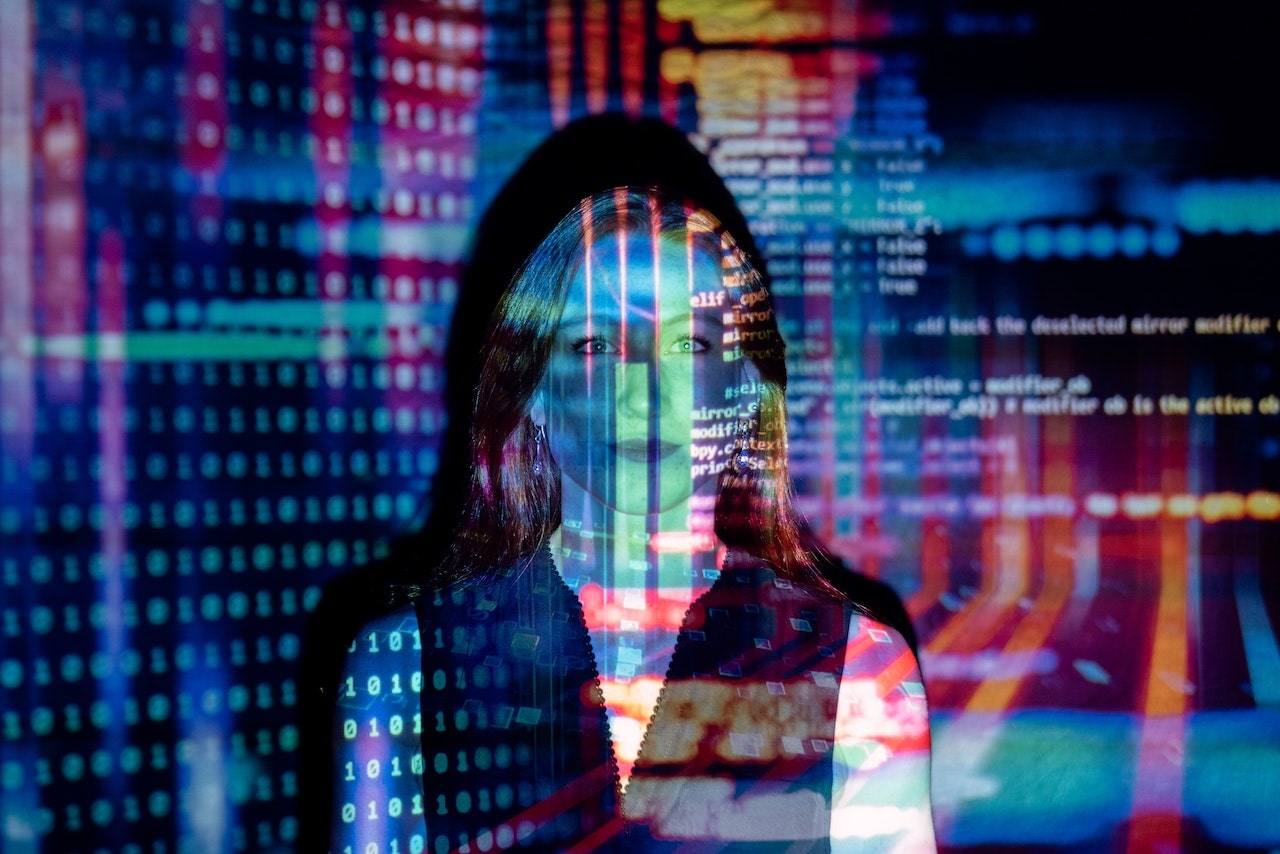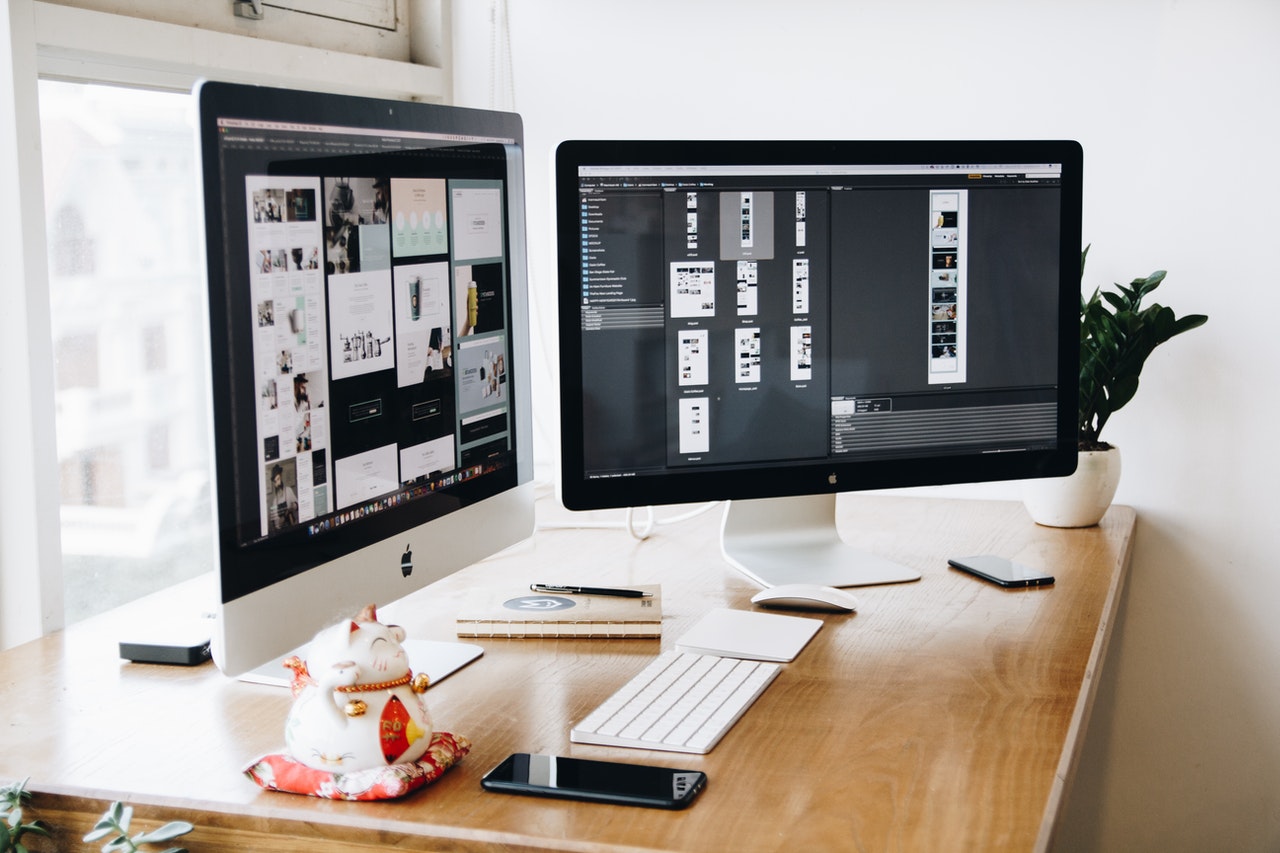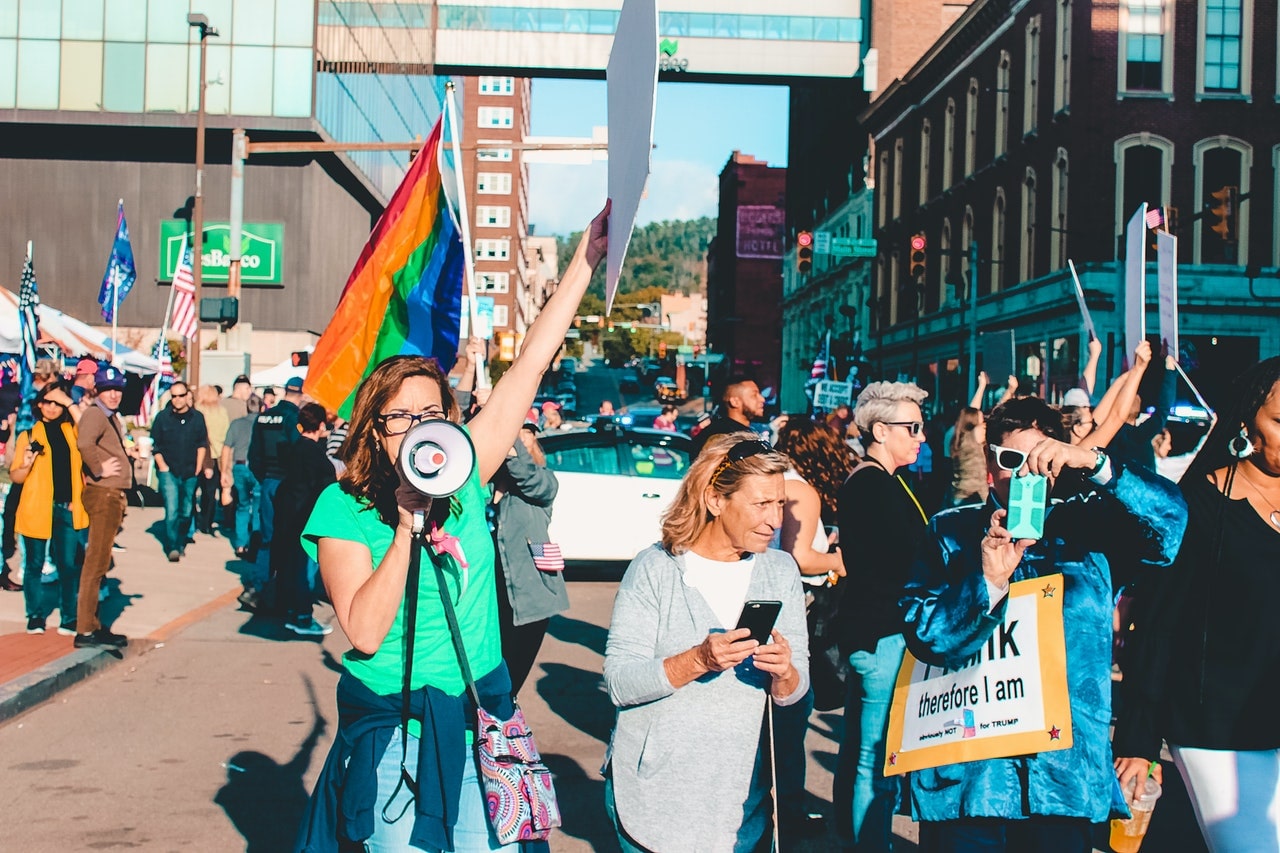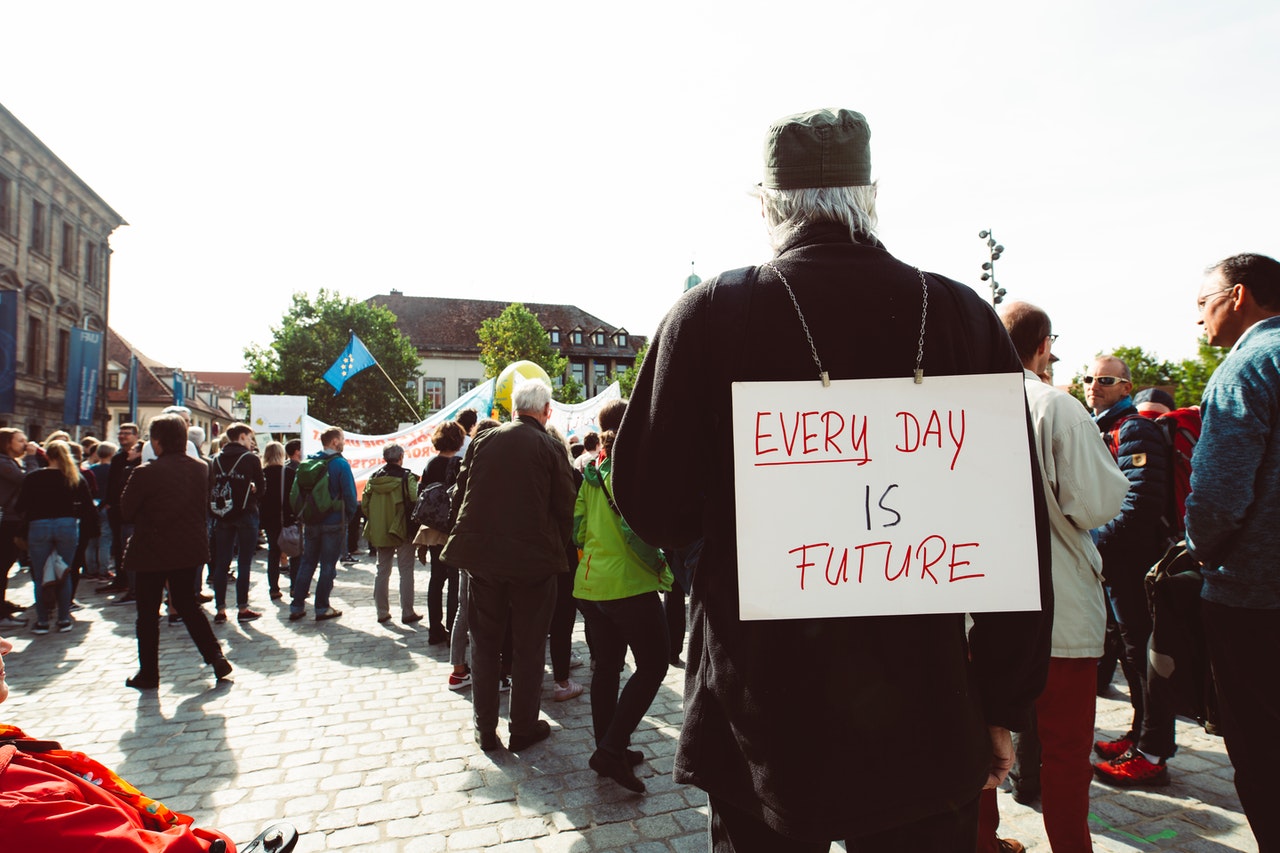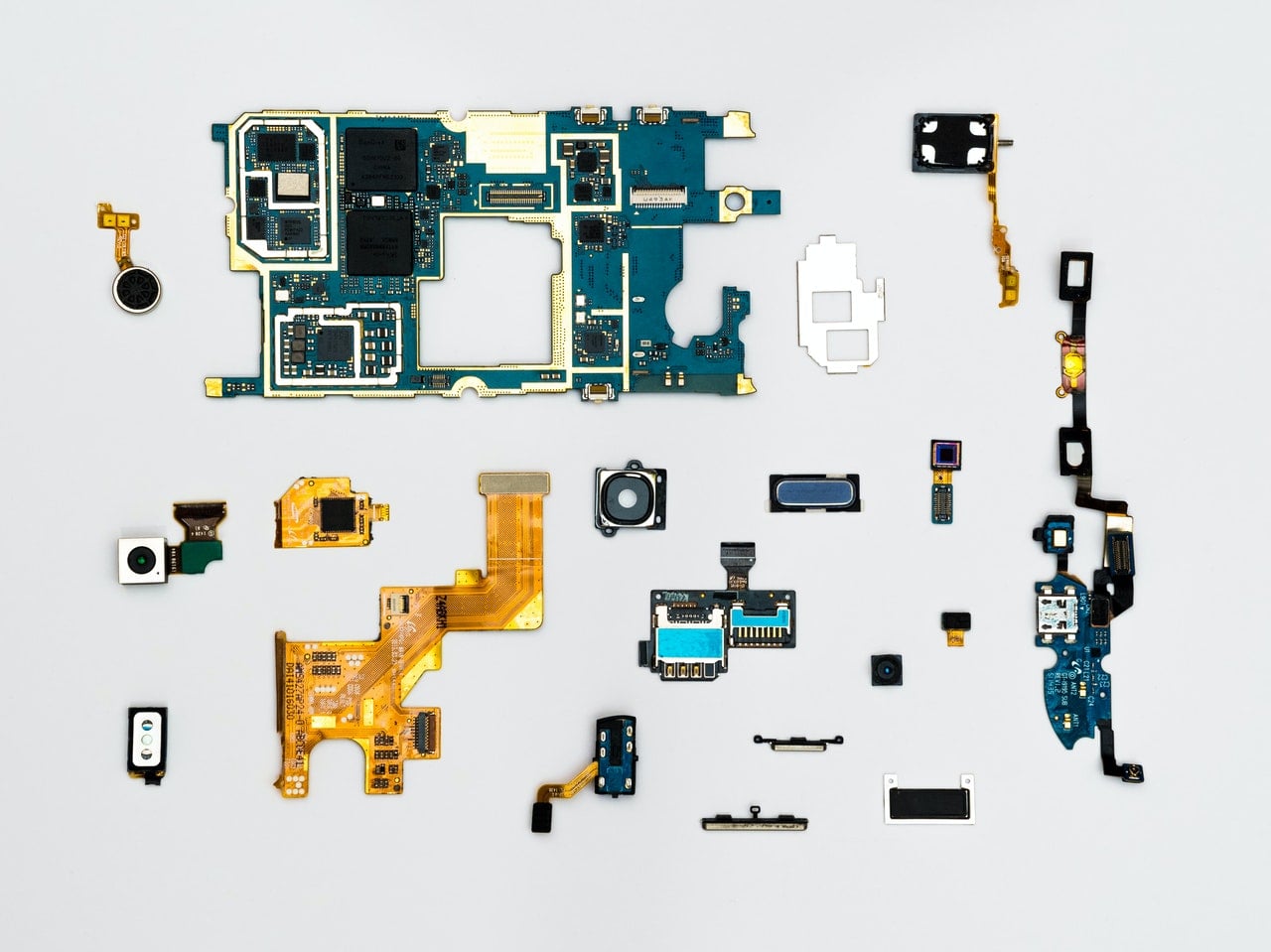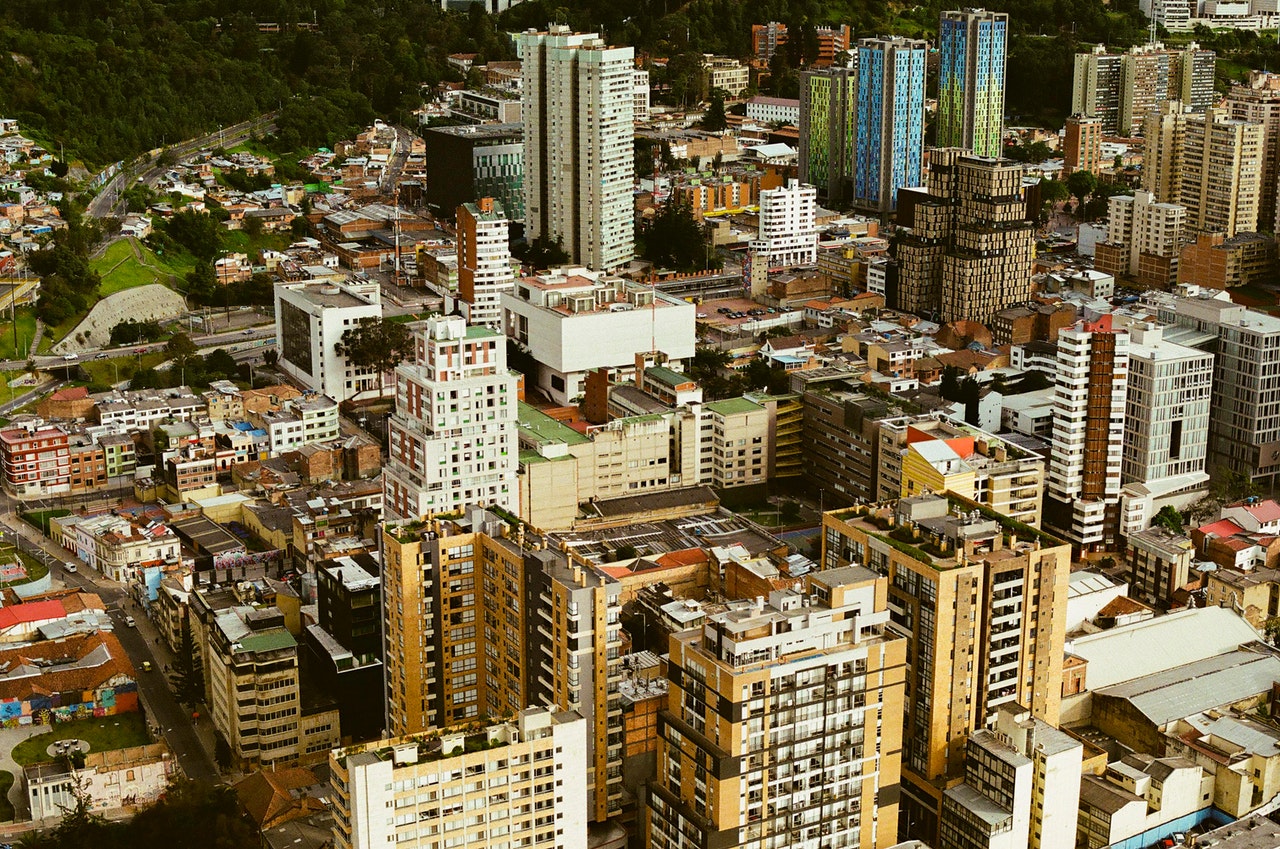AI anxiety: The workers who fear losing their jobs to artificial intelligence
Many workers are concerned about the potential impact of artificial intelligence (AI) on their jobs. However, it is possible to move past this fear and find a silver lining in the evolving job market.
Claire, a 34-year-old PR professional in London, has started feeling apprehensive about her career due to AI advancements. While she believes that her work quality is currently unmatched by machines, she recognizes the rapid progress of AI, exemplified by sophisticated language models like ChatGPT. She worries that in a few years, a bot could potentially perform her job as well as she does, raising concerns about her future employability.
These anxieties are not unique to Claire. As media headlines about robots replacing human workers have proliferated, and as AI tools have become more accessible, many employees have started questioning the relevance of their skills in the labor market. A report by Goldman Sachs suggested that AI could replace the equivalent of 300 million full-time jobs, and a survey by PwC revealed that nearly a third of respondents were worried about their roles being taken over by technology within three years.
Alys Marshall, a 29-year-old copywriter from Bristol, UK, echoes these concerns, especially within the creative industry. She hopes that clients will recognize the value of human authenticity over the price and convenience offered by AI tools.
Career coaches and HR experts suggest that while some anxiety may be justified, employees should focus on what they can control. Rather than panicking about job loss to machines, they emphasize the importance of learning to work alongside technology. By viewing AI as a resource rather than a threat, workers can enhance their value to potential employers and reduce their anxiety about job displacement. It is crucial to adapt skills, develop a growth mindset, and seek opportunities for upskilling and reskilling.
Ultimately, while AI and automation may transform certain job functions, they also create new opportunities. As workers embrace technology and adapt to the changing landscape, they can find ways to thrive in a world where AI plays an increasingly prominent role. By leveraging their unique human capabilities, creativity, emotional intelligence, and critical thinking, workers can complement and collaborate with AI, leading to new possibilities and career paths that may not have existed before.





